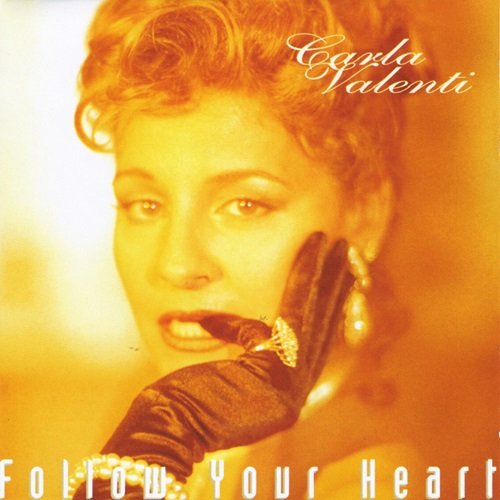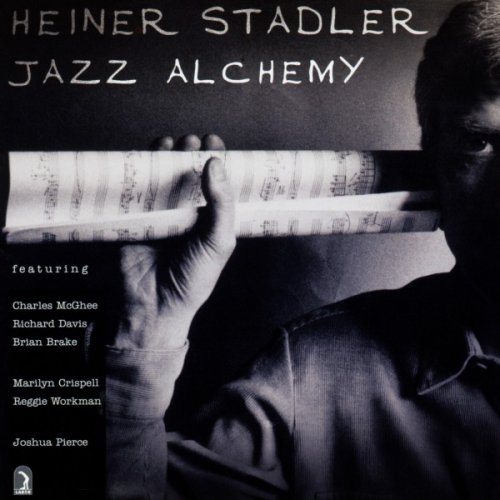Bill Frisell - Guitar in the Space Age! (2014) [Hi-Res]
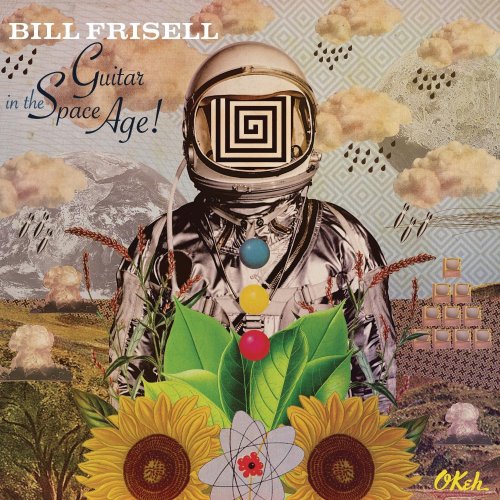
Artist: Bill Frisell
Title: Guitar in the Space Age!
Year Of Release: 2014
Label: Okeh Records
Genre: Fusion, Jazz-Rock
Quality: FLAC (tracks) 24 bits / 96 kHz
Total Time: 55:13
Total Size: 1.07 GB
WebSite: Album Preview
Tracklist:Title: Guitar in the Space Age!
Year Of Release: 2014
Label: Okeh Records
Genre: Fusion, Jazz-Rock
Quality: FLAC (tracks) 24 bits / 96 kHz
Total Time: 55:13
Total Size: 1.07 GB
WebSite: Album Preview
01. Pipeline
02. Turn, Turn, Turn
03. Messin' with the Kid
04. Surfer Girl
05. Rumble
06. The Shortest Day
07. Rebel Rouser
08. Baja
09. Cannonball Rag
10. Tired of Waiting for You
11. Reflections from the Moon
12. Bryant's Boogie
13. Lift Off
14. Telstar
Just when you think you’ve got guitarist-composer Bill Frisell all figured out, confident in your expectations, this American original shakes things up with an unexpected glimpse into those layers of consciousness which inform his rootsy, inclusive, oh so personal style of musical outreach.
With his new album, GUITAR IN THE SPACE AGE!, Frisell goes back to the music that first sparked his imagination. “There’s something about being the age I’m at now,” reflects this iconic guitar hero. “I turned 63 this past spring, and after playing for more than 50 years, it just feels right to once again play some of the music which shaped my consciousness during my formative years, even to play some of it for the first time…and maybe get it right. GUITAR IN THE SPACE AGE! isn’t really an exercise in nostalgia, but about a re-commitment to keep learning, to firm up the foundation.
“On this album is some of the music I was hearing growing up in the ‘50s and early ‘60s,” notes Frisell. “There is so much history. Back and forth. Before and after. It’s impossible to pin things down. That’s the beauty. We all learn from each other. When I listen to Jimmy Bryant, I know he must have listened to Charlie Christian, and The Ventures heard Chet Atkins, and Chet Atkins listened to Johnny Smith. It’s like a kaleidoscope. You look at one piece of music, and it immediately shoots out into all these directions. All these beams of light cut through whatever words are used to try to box it in.” As a baby boomer who came of age in the 50s and ‘60s, there is an undeniably autobiographical element to the tenor and tone of the repertoire which Frisell explores on GUITAR IN THE SPACE AGE! along with long-time collaborators Greg Leisz (pedal steel & electric guitar), Tony Scherr (acoustic bass and electric bass guitar) and Kenny Wolleson (drums and vibraphone).
“I’ve known Kenny, Tony, and Greg for a long time now,” recalls Frisell. “I learn so much from them. They are my teachers. When I first heard Tony and Kenny play together, they had their own ‘sound.’ They play together like brothers. The first time I was introduced to Greg, I knew we’d be playing together before we had played a note. Greg and I grew up during the same time. The same generation. His first electric guitar was a Fender Mustang, as was mine. Nothing needs to be said or discussed. There is understanding. He is my guitar brother. My hope is that this band plays together like a family.
“I hope people don’t think this is a joke or nostalgia. It first comes from loving this music and loving these guys. It’s about learning and getting deeper into the music, and researching where we come from. I’ve never been able to buy into the idea of there being a hierarchy in music. Like… folk music is at the bottom, then blues, rock, jazz and classical at the top… or whatever. As though one music is higher or lower or more difficult than another. It’s all difficult. It’s all beautiful. It’s all one thing.”
With his new album, GUITAR IN THE SPACE AGE!, Frisell goes back to the music that first sparked his imagination. “There’s something about being the age I’m at now,” reflects this iconic guitar hero. “I turned 63 this past spring, and after playing for more than 50 years, it just feels right to once again play some of the music which shaped my consciousness during my formative years, even to play some of it for the first time…and maybe get it right. GUITAR IN THE SPACE AGE! isn’t really an exercise in nostalgia, but about a re-commitment to keep learning, to firm up the foundation.
“On this album is some of the music I was hearing growing up in the ‘50s and early ‘60s,” notes Frisell. “There is so much history. Back and forth. Before and after. It’s impossible to pin things down. That’s the beauty. We all learn from each other. When I listen to Jimmy Bryant, I know he must have listened to Charlie Christian, and The Ventures heard Chet Atkins, and Chet Atkins listened to Johnny Smith. It’s like a kaleidoscope. You look at one piece of music, and it immediately shoots out into all these directions. All these beams of light cut through whatever words are used to try to box it in.” As a baby boomer who came of age in the 50s and ‘60s, there is an undeniably autobiographical element to the tenor and tone of the repertoire which Frisell explores on GUITAR IN THE SPACE AGE! along with long-time collaborators Greg Leisz (pedal steel & electric guitar), Tony Scherr (acoustic bass and electric bass guitar) and Kenny Wolleson (drums and vibraphone).
“I’ve known Kenny, Tony, and Greg for a long time now,” recalls Frisell. “I learn so much from them. They are my teachers. When I first heard Tony and Kenny play together, they had their own ‘sound.’ They play together like brothers. The first time I was introduced to Greg, I knew we’d be playing together before we had played a note. Greg and I grew up during the same time. The same generation. His first electric guitar was a Fender Mustang, as was mine. Nothing needs to be said or discussed. There is understanding. He is my guitar brother. My hope is that this band plays together like a family.
“I hope people don’t think this is a joke or nostalgia. It first comes from loving this music and loving these guys. It’s about learning and getting deeper into the music, and researching where we come from. I’ve never been able to buy into the idea of there being a hierarchy in music. Like… folk music is at the bottom, then blues, rock, jazz and classical at the top… or whatever. As though one music is higher or lower or more difficult than another. It’s all difficult. It’s all beautiful. It’s all one thing.”
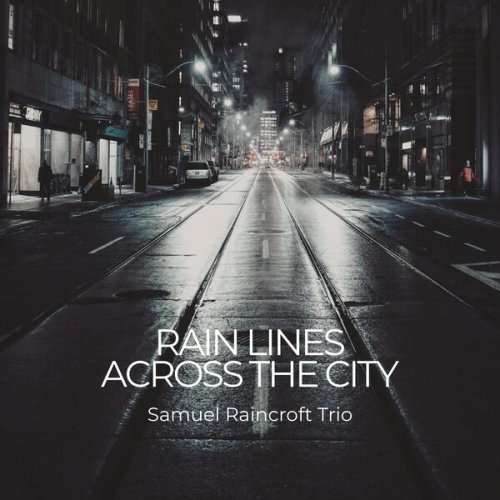

![Mehmet Ali Sanlikol - The Electric Oud Man Speaks and You Listen... (2026) [Hi-Res] Mehmet Ali Sanlikol - The Electric Oud Man Speaks and You Listen... (2026) [Hi-Res]](https://img.israbox.com/img/2026-02/28/0areq907i6p8nj96306jai1a0.jpg)
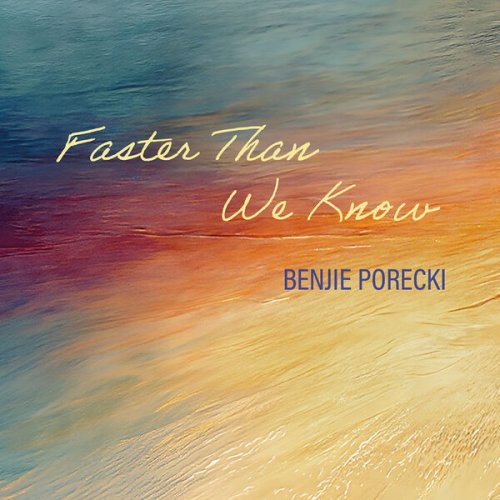
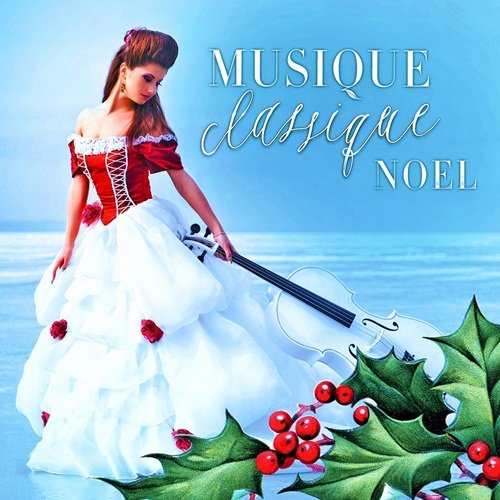
![Julius Hemphill - Dogon A.D. (Remastered) (1972/2026) [Hi-Res] Julius Hemphill - Dogon A.D. (Remastered) (1972/2026) [Hi-Res]](https://www.dibpic.com/uploads/posts/2026-03/1772427281_cover.png)
![Andrea Braido - An Evening with Andrea Braido Trio Live! (2026) [Hi-Res] Andrea Braido - An Evening with Andrea Braido Trio Live! (2026) [Hi-Res]](https://www.dibpic.com/uploads/posts/2026-03/1772441152_cover.jpg)
